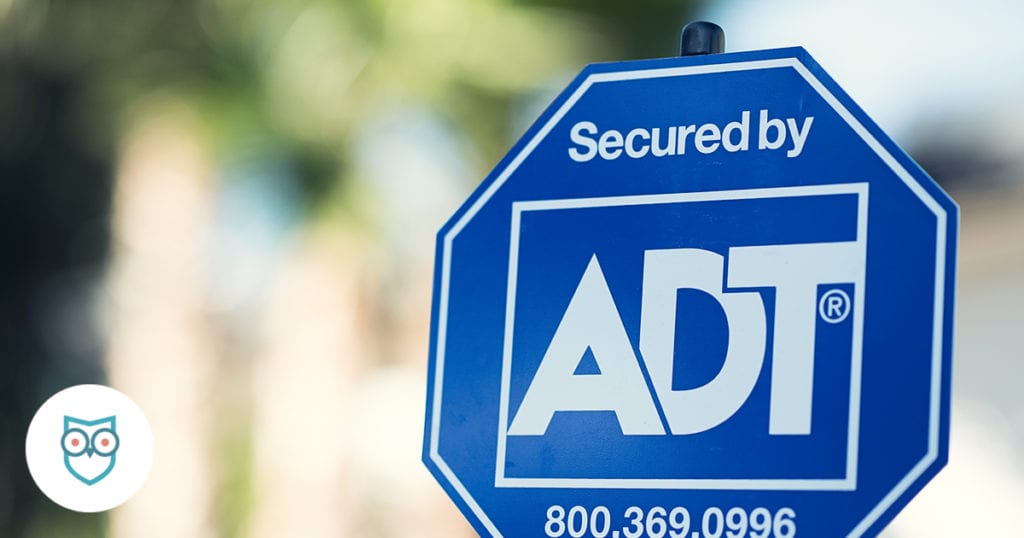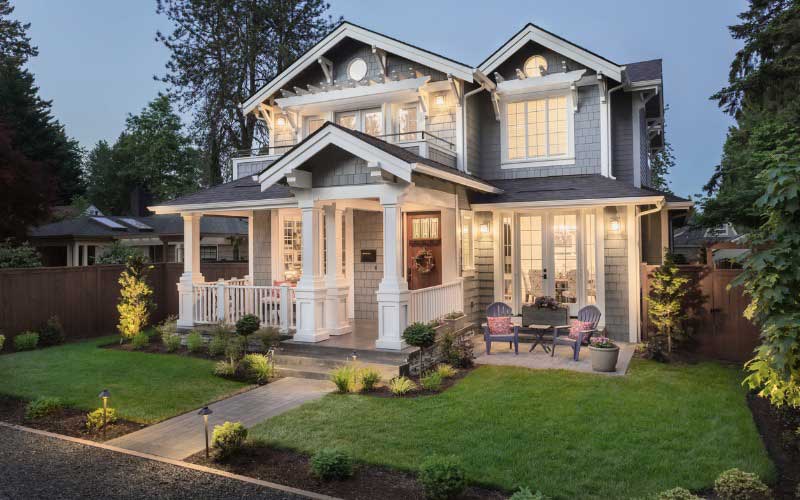Emergencies, crime incidents (like burglaries), and other worrisome events don’t usually come with a lot of warning. That's why we encourage everyone to be proactive about safety and security—at home and in your community. To help you stay safe in West Virginia, we’ve put together this list of local and statewide resources to make sure you know where to turn before the unexpected happens.
West Virginia Home Security and Safety Resources
For over 12 years, SafeWise has conducted independent research and testing to write unbiased, human reviews (not robots). Read our methodology.
Find out about home security in your city
Sign up for our free weekly newsletter to get the best safety news, product info, and deals.
By signing up, you agree to our Terms and Conditions and Privacy Policy.

Crime resources
Crime Prevention
WV Fight Crime: Invest in Kids
City Crime Prevention
Neighborhood Watch

Disaster resources
Emergency Preparedness
The West Virginia Disaster Center
West Virginia Division of Homeland Security and Emergency Management
Wheeling-Ohio County Emergency Management Agency
Fire Safety
West Virginia Fire Commission: Office of the State Fire Marshal
West Virginia Fire Safety Resource eGuide
West Virginia State Firemen’s Association
Alarm Associations

General Safety resources
General Safety
West Virginia Department of Military Affairs and Public Safety
Snowshoe Mountain Summer Safety
West Virginia Department of Environmental Protection
Child Abuse Prevention
Prevent Child Abuse West Virginia
Sisters of St. Joseph Health and Wellness Foundation
Prevent Child Abuse West Virginia
TEAM for West Virginia Children
West Virgina Foundation for Rape Information
Domestic Violence
West Virginia Coalition Against Domestic Violence
Crime stats in West Virginia

See the Safest Cities in West Virginia report for more information on crime statistics across the state.

Top 5 burglary-prevention Tips
1. Get a home security system
In the United States, homes without a security system are three times more likely to be burglarized. Burglars want to get in and out with minimum hassle—why risk getting caught by a security system when they could just move onto the next house? Security systems send a message to burglars that your home is not to be trifled with.
2. Keep tabs while you’re away
With the smart home features available today, it’s easy to monitor the happenings in your home whether you’re sitting on your sofa or out running errands. Look into handy features like remote activation of your security system, control of your lighting and appliances, and live video streaming to your phone.
3. Make your home less appealing to thieves
Don’t forget to take care of the obvious. Always lock your doors, and leave a spare key with a friend or neighbor (instead of under a flower pot or doormat). Don’t forget to close your windows at night or when you’re out. Trim bushes lining your home to eliminate hiding places, and invest in outdoor lighting to keep dark spots near your home entrances visible.
4. Make friends with your neighbors
Strengthening the security of your neighborhood can start with getting to know your neighbors. You might find friends who can watch your place when you’re away, look out for a lost pet, help solve package theft mysteries, or aid in an emergency. And you can work together to build safety resources your community needs.
5. Prep your home before vacation
Avoid announcing specific vacation plans on social media or making it clear that the house is empty. To maintain a lived-in appearance, stop the mail and newspapers before you leave, and set indoor lights on variable timers. Let trusted neighbors know you’ll be gone; consider asking them to park their car in your driveway or make footprints in the snow (if it’s winter).
Compare the best home security systems in West Virginia
Amazon.com price as of post date. Offers and availability may vary by location and are subject to change. Read full disclaimer.
Full ADT disclaimer
Recent Articles





